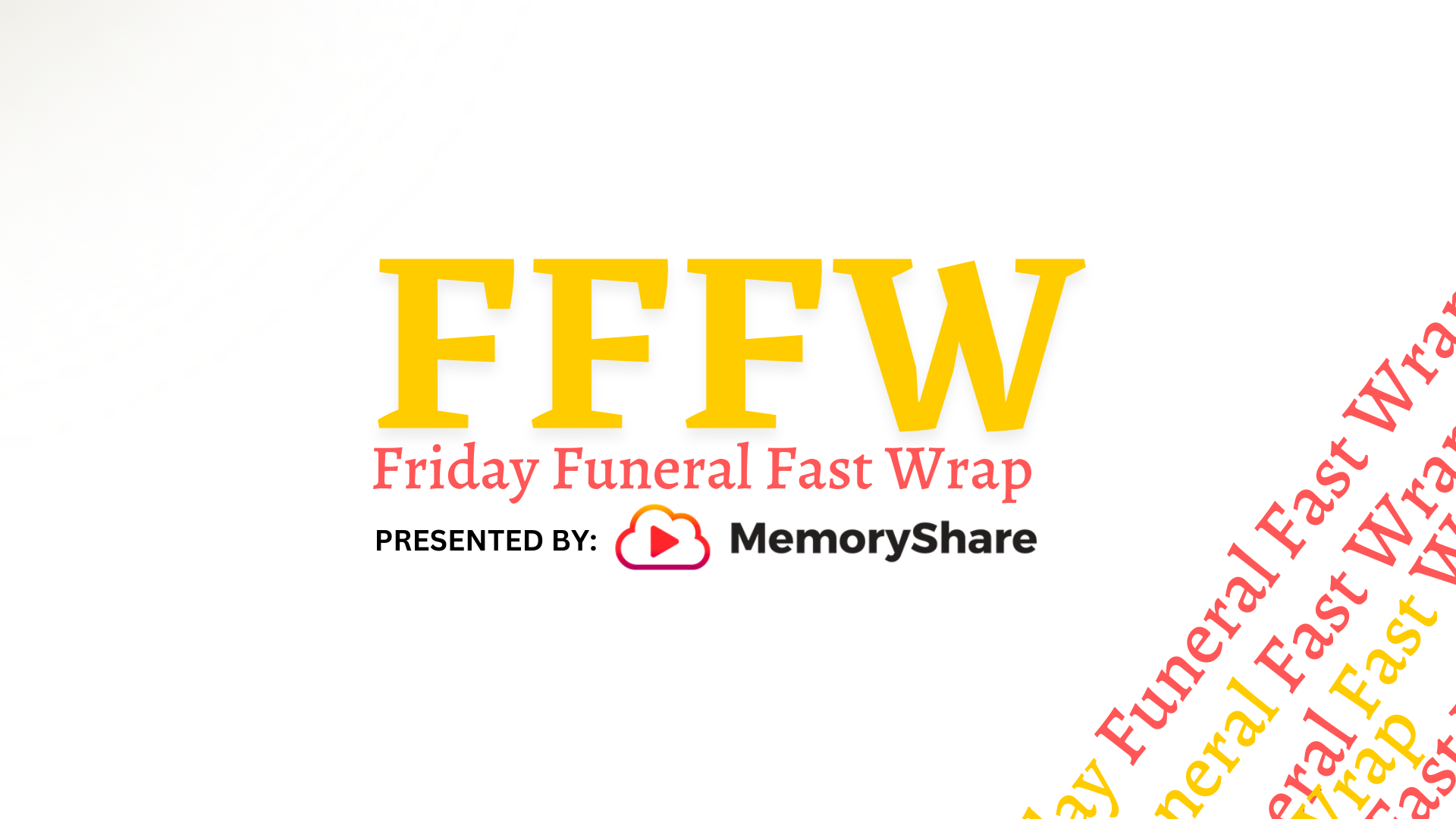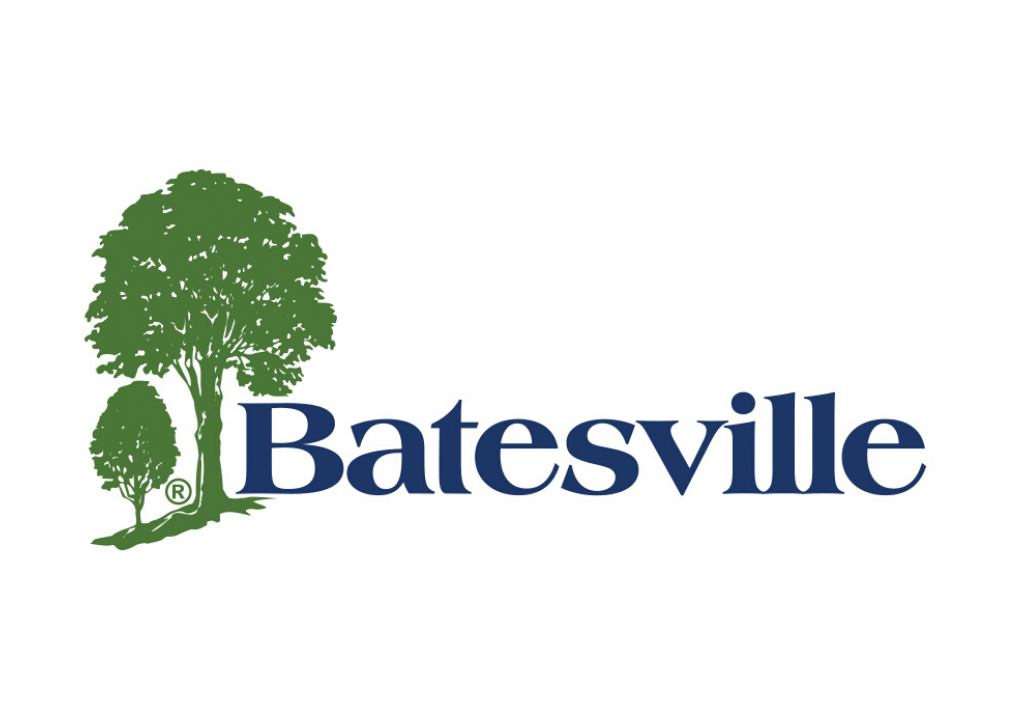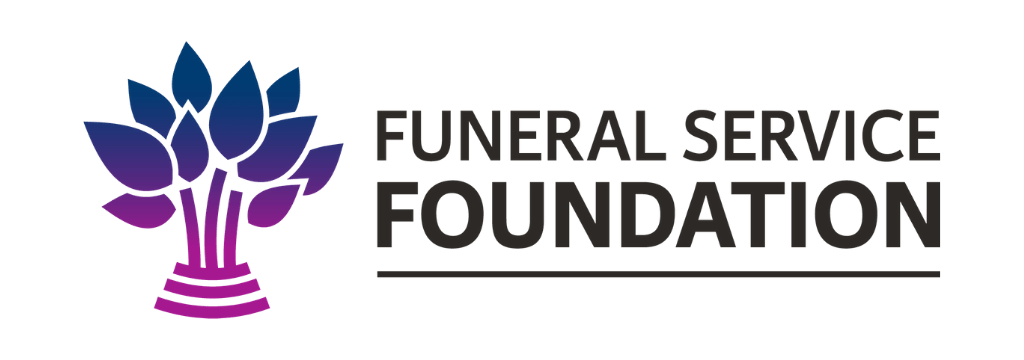The Inquisition: Funeral Directors Will Go The Way of The Dinosaur
The following blog is the first of many for our new Guest Blogger Kathy Jackson. I am very excited to have Kathy blogging with us. You have already seen a glimpse of the wonderful writing Kathy is capable of through her comments on many previous “Randy McCormick” blog posts. It is a privilege to bring you our newest guest blogger: Kathy Jackson.
Perhaps I should backup and explain a little about how that statement came to be shared with me. I am a doctoral candidate at McMaster University in Hamilton, Ontario, Canada. I had been doing fieldwork in the funeral industry for nearly three years concurrently with my coursework. As such I was required to write two sets of exams, the minor comprehensive exam which shows that I have depth and breadth in the area of death and the afterlife in the Western World and the major comprehensive exam which shows that I have an even greater depth and understanding of the literature which deals with my particular area of research, how we understand death in North America and the role of the funeral director as mediators for the dead, bereaved and clergy. I am a part time PhD student, having a house to keep running and five children who now come and go, themselves in university and graduate programs. After taking the required courses, learning an additional language to add to the two languages I had to learn for my Masters, written the exams and taken the course on how to do fieldwork, the time finally came to submit my proposal for my doctoral research. It was a bit like closing the door after the horse has escaped. Normally, fieldwork is only begun after the proposal is accepted. In my case, I had three years of fieldwork which gave me a lot of insight and experience concerning the funeral industry.
Defending a doctoral proposal is very much like trying to gain entry into the funeral industry to do research. Everything is hidden away behind closed doors and written down in little books which are for use by candidates and professors but which are really not available to the outside world. Breaking in (as they refer to getting a field placement in the academic literature) to the funeral industry was not easy. In fact, it was damn difficult and just as I maxed out in my frustration and was in the process of writing the worlds longest paper about rejection in the field, an Alderwood funeral home took a chance and gave me a home base. My home base opened up 7 other funeral homes which were supervised by the one Regional Manager. Suddenly it seemed that everyone wanted to get in on my project and I had offers to go on fieldtrips to see and do more than I ever anticipated. This is quite similar to breaking in to a graduate school program, just when you think it is game over, along comes the perfect offer and you are in.
I have come to think of this initial defense of my project as The Inquisition. Before the meeting, all fifteen inquisitors were given copies of my proposal to read, comment upon and prepare questions about. It was left unclear as to how much fieldwork I had put in prior to submitting my proposal. The proposal does several things ? it introduces the topic I have chosen, funeral service; it gives a brief discussion of the literature and how it applies to my own research and it supplies the readers with an extensive reading list that I have compiled (and read) and am able to work with or answer questions about. Finally, it allows me to raise my question of research and prove that it is original and even more so that it will add something of value to the body of literature and research already in place.
I was prepared. I was confident in my knowledge and confident in my experiences which supported my research. I expected questions about the work of Jessica Mitford, Tony Walter, Gary Laderman, Phillipe Ari



